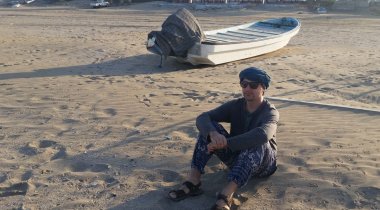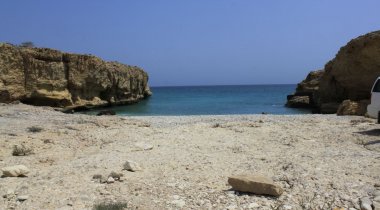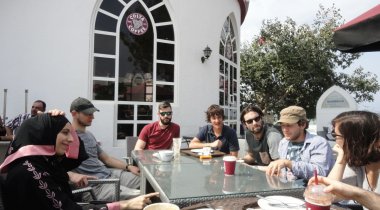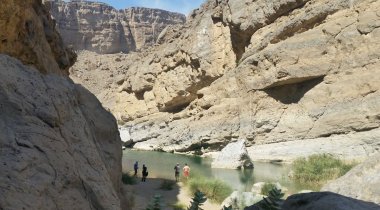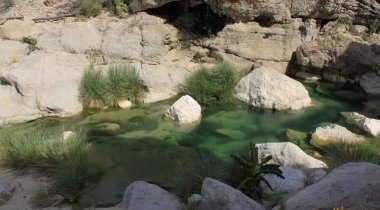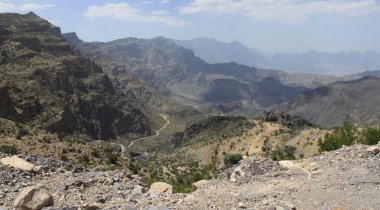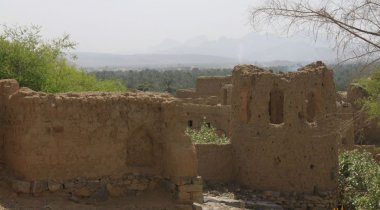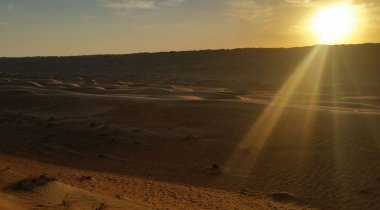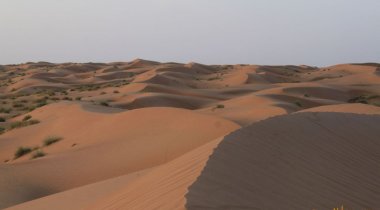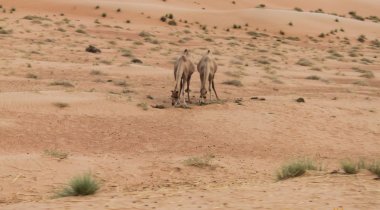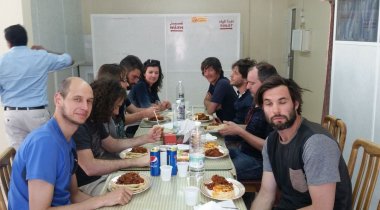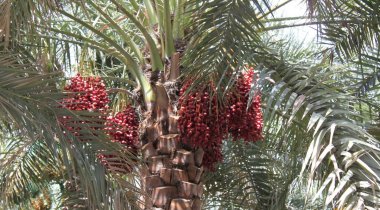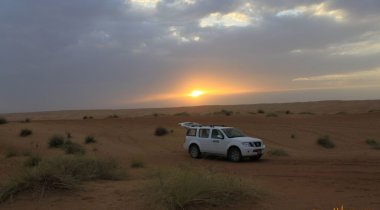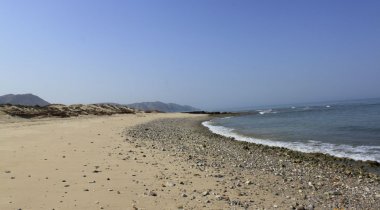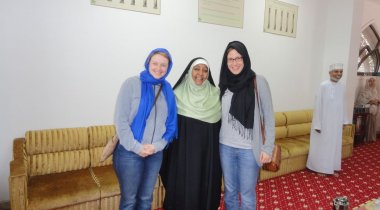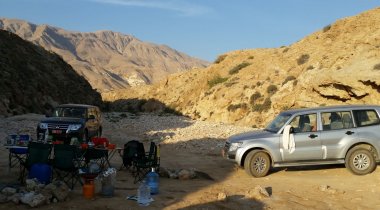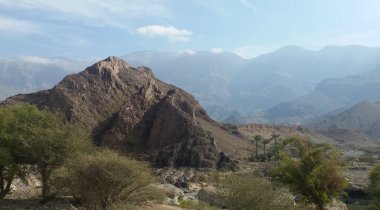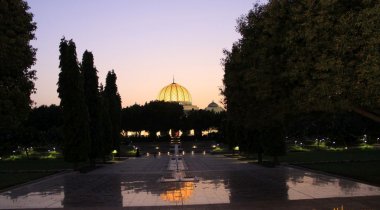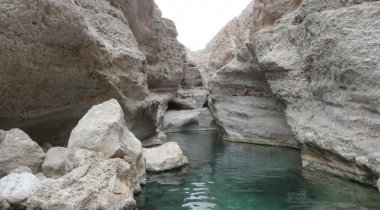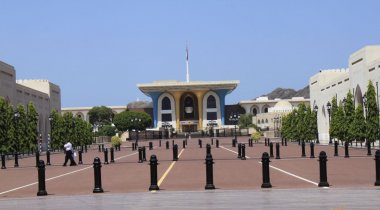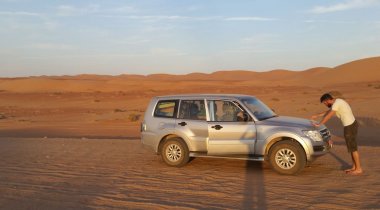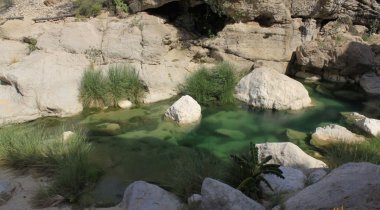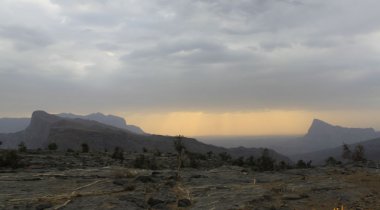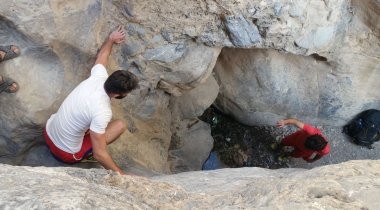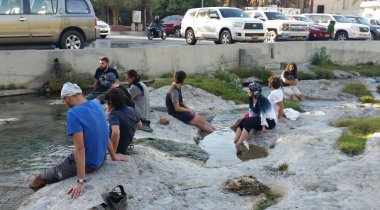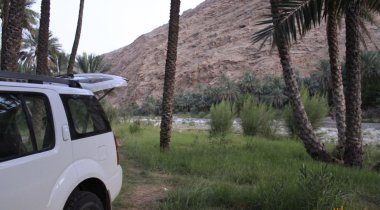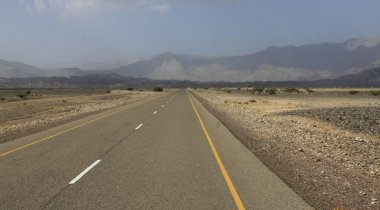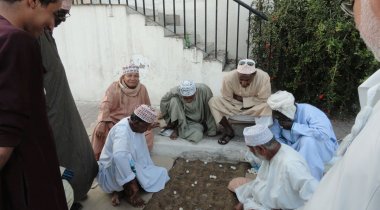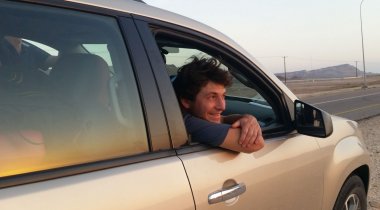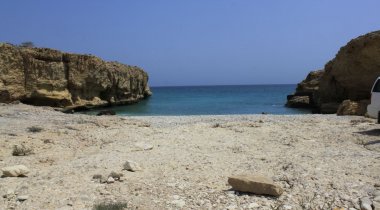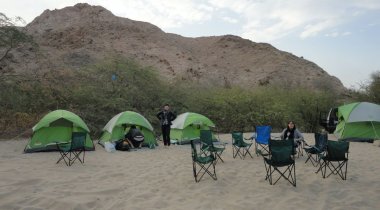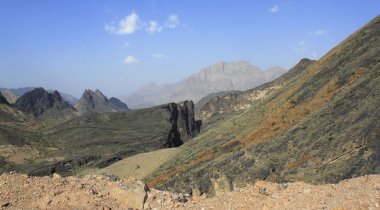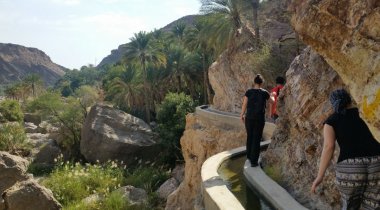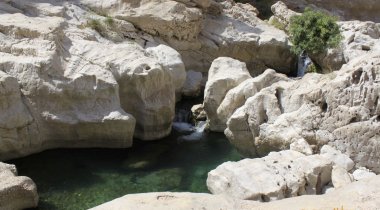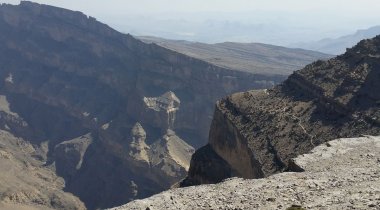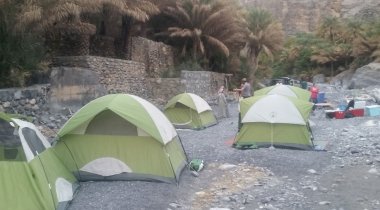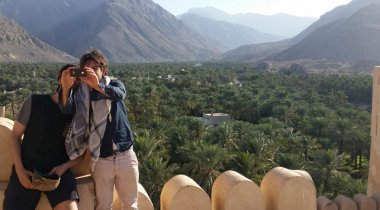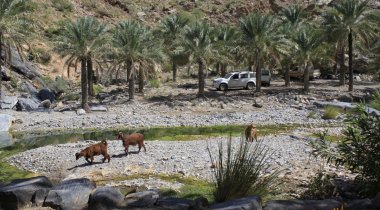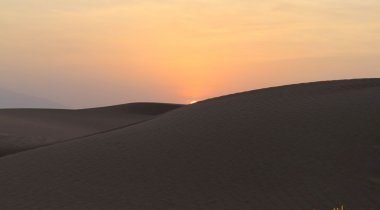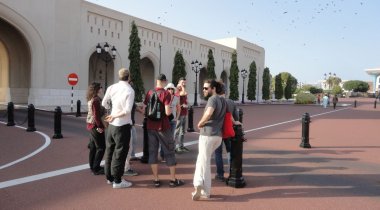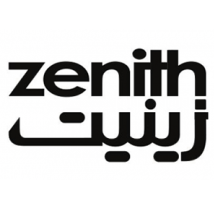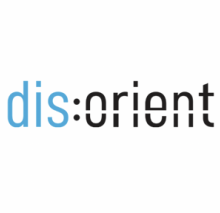Oman is a fascinating country both in terms of its politics and its scenery. Slavery was legal in the sultanate until 50 years ago, and education was limited to Koran schools. When oil extraction made Oman wealthy in little time, its authoritarian leader, Sultan Qaboos Ibn Said, modernized the country’s economy and society.
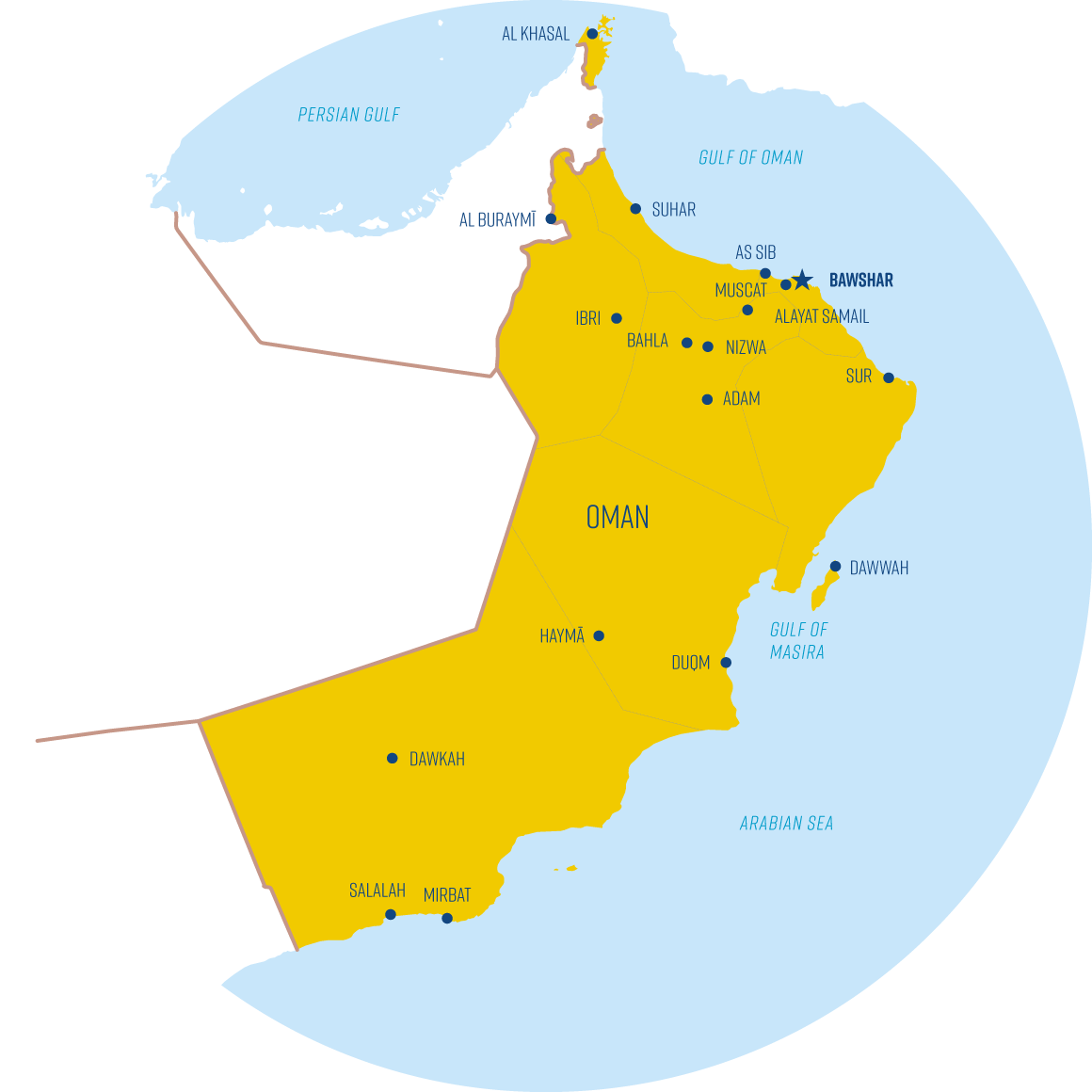
The benefits to education and health are impressive: All Omanis can attend schools and government universities and be treated in hospitals free of charge in an extensive infrastructure that services even the most remote villages.
Sultan Qaboos is pursuing a balanced policy and cultivating good relationships—not only with the USA and Saudi Arabia but also with Iran. Not surprisingly, the secret negotiations on Iran’s nuclear program took place in Muscat.
Contemporary Oman is much calmer and less pretentious than its neighbors on the Gulf. The sultanate has a rich historical legacy—in the 18th century, it spanned vast reaches of the Indian Ocean—as well as breath-taking scenery between deserts and ocean. Unspoiled sandy beaches, historical forts, oases, natural pools in valleys, lunar landscapes, and rugged mountains invite us to discover the thinly populated country with four wheels and a tent.
Unsere Highlights
The wadis
Climbing on rocks, swimming in natural pools, sliding down waterfalls for hours on end without meeting a soul: All that is possible in Oman’s many well-watered valleys.
Muscat
Muscat, Oman’s capital and largest city as well as the eponymous province, has been influenced by Arab cultures as well as those of India, Pakistan, and Zanzibar due to the sultanate’s far-flung colonies and many foreign traders. The cuisine is very varied and there are a multitude of tourist attractions: Muscat features not just the traditional Muttrah district with its historical forts, palaces, and huge souk, but also trendy beach cafés, oversized malls, and modern architectural highlights like the Sultan Qaboos Grand Mosque and the Royal Opera House.
Die Küste
Endless sandy beaches and lonely coves beckon us to swim, snorkel, and camp along 1,700 kilometers of coastline. From small fishing boats on the high sea, we observe whales, dolphins, and marine life. A definite highlight of the trip is watching sea turtles take shore leave under a full moon.
Encounters
We actively seek dialogue with the local population—creative artists, students, fishers, and rural residents. As we do, we often experience indescribable hospitality.
The Al-Hajar Mountains
We stay overnight in the “Grand Canyon” of the Arabian Peninsula, ascend the region’s highest peak, hike through deserted villages, and traverse the mountains on adventurous gravel paths carrying with us locally grown pomegranates and dates.
Rimal al Wahiba
Sand dunes stretching to the horizon, strolls at twilight, total silence, and a picture book starry sky: We have plenty of time to reflect around our desert campfire.
Dhofar
The incense from Oman’s far south has been famous for millennia. The only part of the Arabia Peninsula to be touched by the monsoon is blanketed by green plants and grasses in August and September—a surreal sight in this desert-like region.

